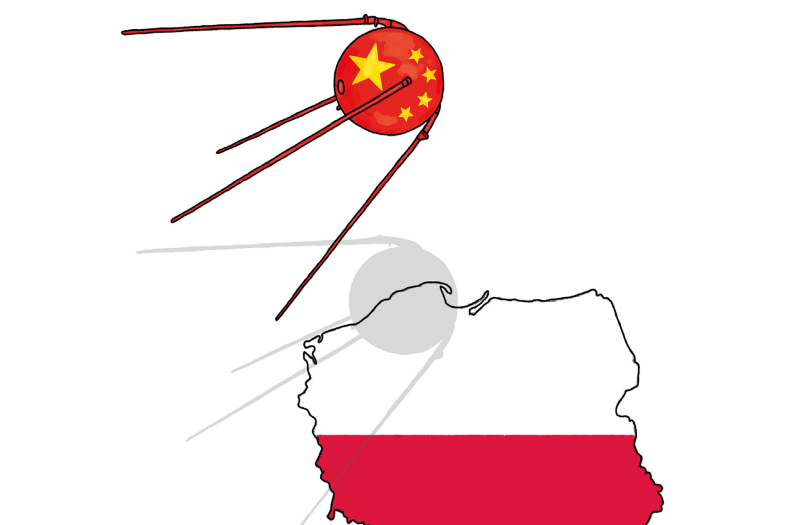In a brand new paper, MapInfluenCE analyst Alicja Bachulska examines two major internet media outlets responsible for promoting Chinese and Russian state-backed narratives in Poland. These two outlets, China Radio International (CRI) Poland and Sputnik Poland, rather obviously peddle information beneficial to Beijing and Moscow respectively. In the paper, Bachulska provides a brief overview of Russia and China’s activities in the Polish information space, followed by a detailed content analysis of the dataset comprising of China-related commentaries published by Sputnik Poland and CRI Poland in 2020 and 2021.
The paper notes that, especially since the onset of the COVID-19 pandemic, a convergence of Beijing and Moscow’s interests in promoting narratives detrimental to Western democracies’ image and legitimacy is observable. Over the past three decades, Russia and China have strengthened their ties in political, military, economic, and ideological domains, forming what some have labeled an “informal alliance.”
Media controlled by Beijing and Moscow appear to have similar strategic goals: to promote the non-democratic setups and values underpinning them while directly or indirectly weakening the appeal of Western-style democracy in the international arena. Both Moscow and Beijing perceive Washington’s dominant position on the global stage as a systemic challenge to their regimes, while US-led alliances and partnerships are perceived as threats to their national interests and security. Moreover, Russia and China have engaged in one form or another in exploiting existing tensions and splits within democratic societies to sow discontent and undermine solidarity. Media remains an important tool in spreading these strategic narratives, with both Moscow and Beijing investing heavily in their international media outlets.
Nevertheless, shared interests notwithstanding, there still exist considerable differences in specific tactics implemented by Moscow and Beijing in advancing their goals. Although the convergence of certain strategic interests between Moscow and Beijing is a fact, currently we do not possess enough evidence to support the argument that Russia and China coordinate their activities in the Western information sphere.
Nonetheless, in order to be able to notice this kind of concerted effort in the future, it is necessary to first understand how these two actors construct their respective arguments and narratives and what their activities mean for the situation on the ground in different countries.
Download the full paper below to get access to all the results of the study and the associated data.

